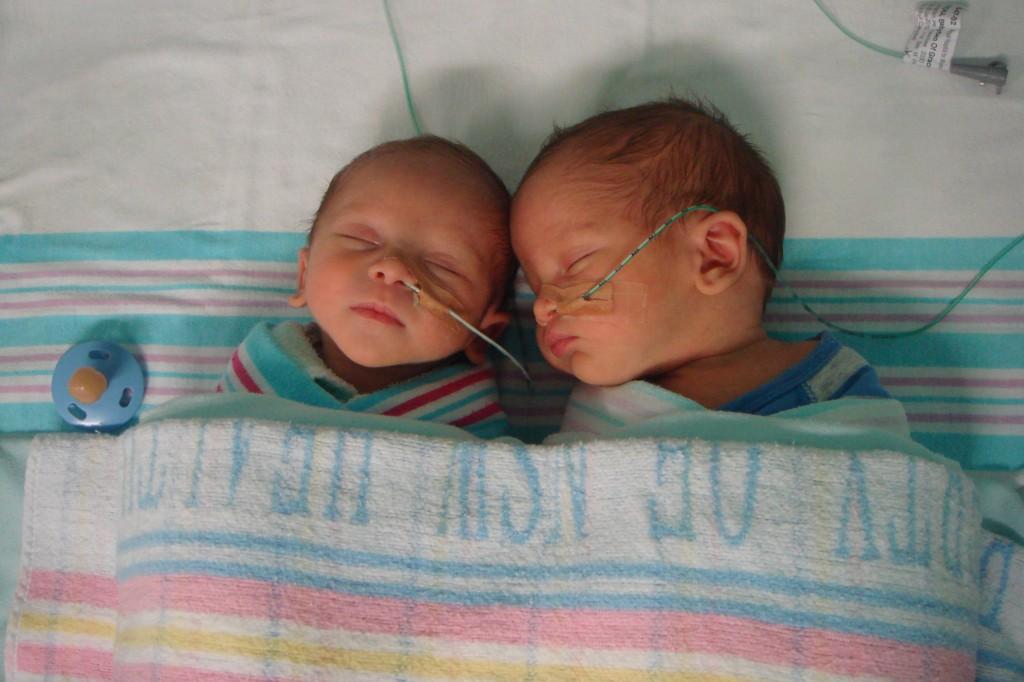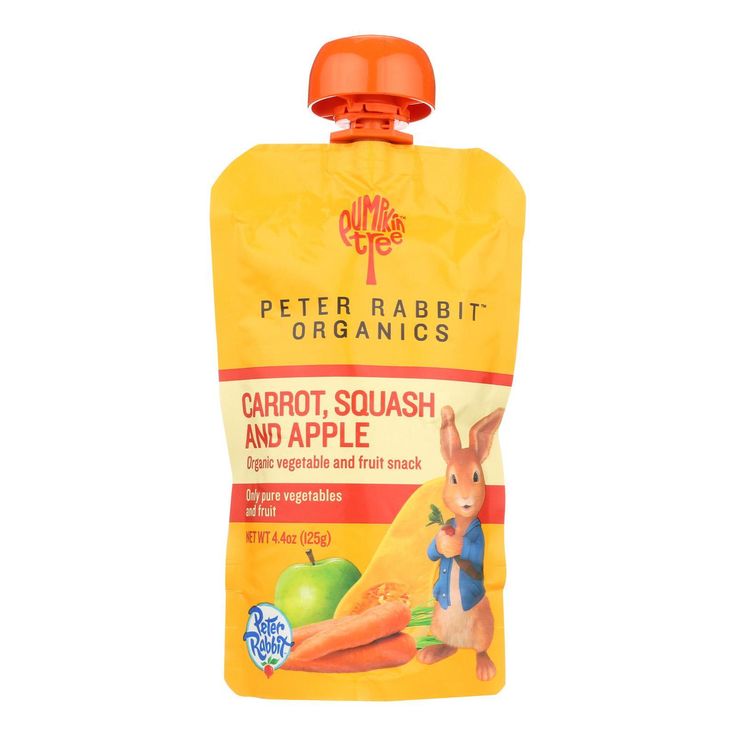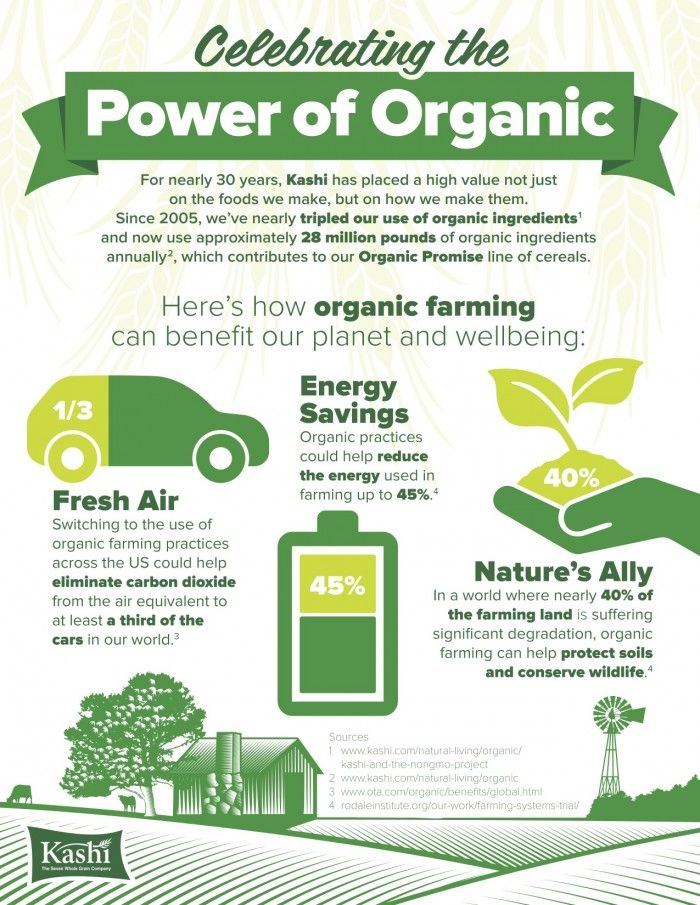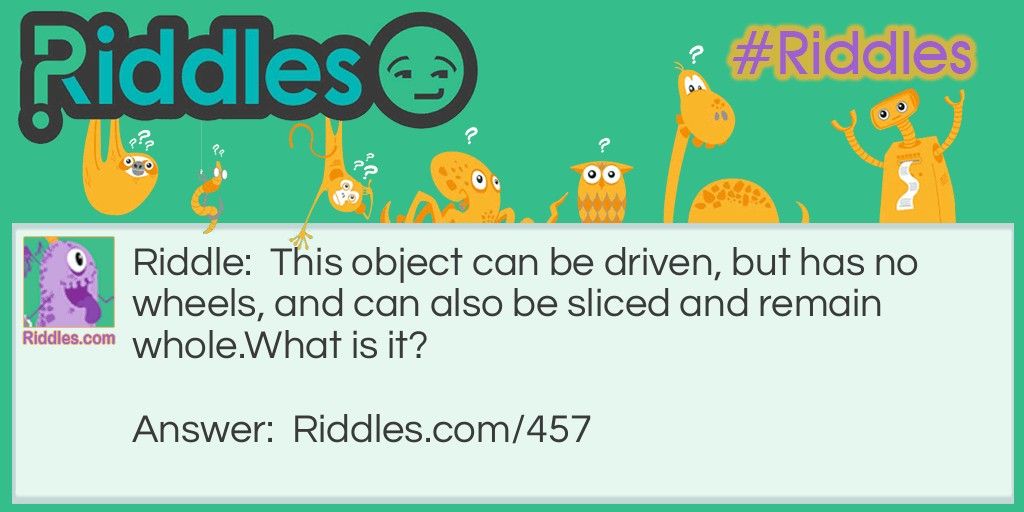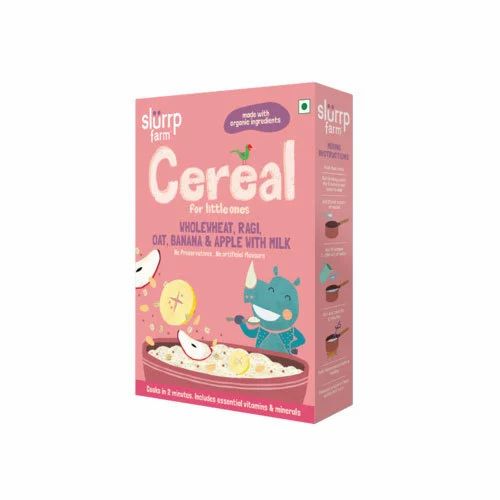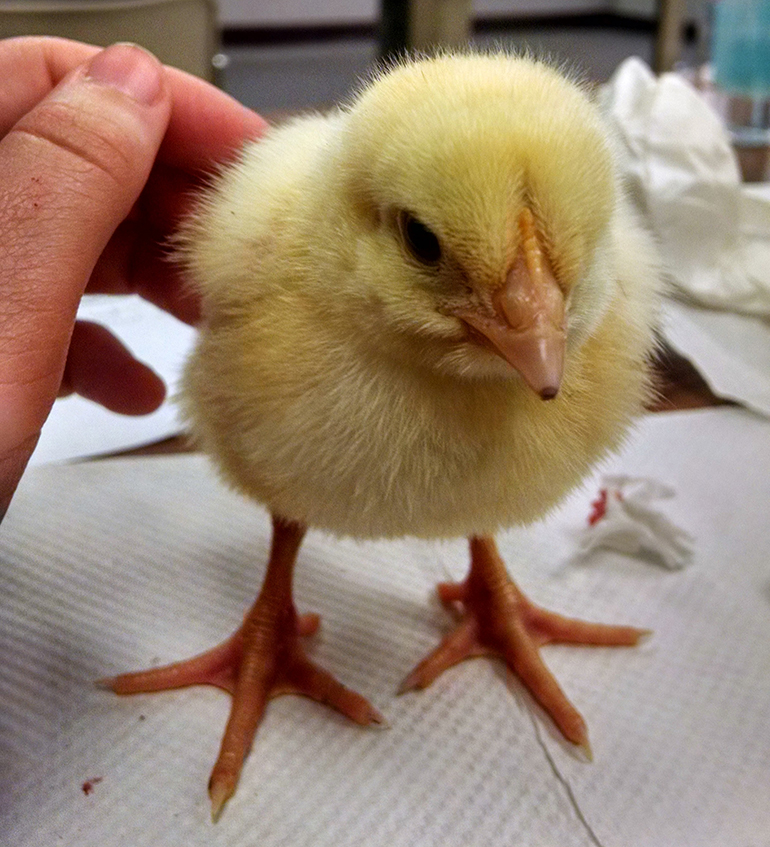Baby is fussy after every feeding
Why Is Baby Crying After Feeding?
The question of “why does my baby cry after feeding” is a question that can typically drive mothers and parents crazy.
Oftentimes, it can be hard to know why your baby is crying after feedings. Not knowing how to identify the problem and not having a solution can have a significant effect on the physical and mental health of both your baby and the entire family. This can include increased stress, lower quality sleep, and the physical health of your baby. However, if you identify the cause and solve the problem, you will be able to significantly improve the parenting and breastfeeding experience for you and your child.
That’s why we decided to write an article on this topic – Why does my baby cry after feeding? This is an important topic and should be known by all mothers so that you can get the best results when feeding your baby.
This article will cover the following topics:
- Why Babies Cry After Feeding
- Should You Breastfeed Every Time Your Baby Cries?
- How Do I Comfort A Newborn?
Without further ado, let’s get into it.
Why Your Baby Cries After Feeding
Acid Reflux
The first major reason babies cry after feeding is known as acid reflux. Acid reflux happens when the content in the stomach gets pushed back into the esophagus.
It’s estimated that more than half of infants experience acid reflux at some point. The condition usually peaks at 4 months and goes away on its own between 12 and 18 months of age.
Some symptoms of acid reflux include:
- Spitting up and/or Vomiting
- Refusal to eat and difficulty eating or swallowing
- Irritability during feeding
- Wet burp / hiccups
- Failure to gain weight
- Abnormal arching
- Frequent coughing
- Gagging or choking
- Chest pain or heartburn
- Disturbed sleep
If acid reflux symptoms persist past 24 months, it may be a sign of gastroesophageal reflux disease (GERD) when combined with weight gain.
Food Sensitivity / Allergies
In addition to acid reflux, some breastfed babies may be allergic to certain food particles that their mothers are eating. According to the Academy of Breastfeeding Medicine, some of the most common foods that lead to food sensitivities and allergies in babies is cow’s milk protein in the mother’s milk, egg, corn, and soy.
Some symptoms of food sensitivities in your baby include the following:
- Extreme irritability after feedings
- Bloody stools (poop)
If your baby has the following symptoms, you should speak with your healthcare provider about getting them tested for allergies.
Additionally, you can also follow a restricted diet that removes common allergen foods such as eggs, dairy, corn, caffeine, and seeded fruit. Be sure to speak with your doctor before changing your diet significantly.
Start by eliminating one food at a time and analyze the effects of removing certain foods on your baby’s behavior.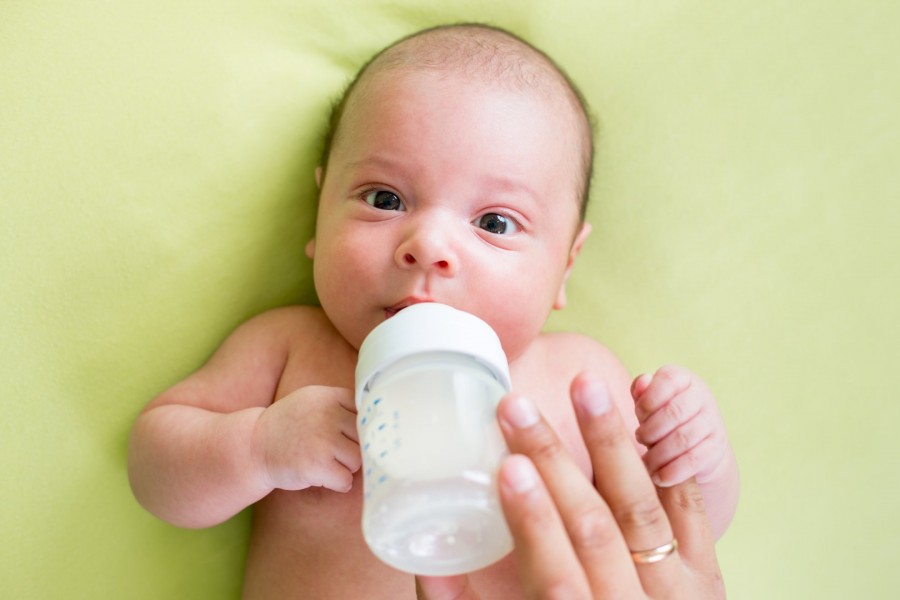 That way you can really see what effect each individual food has so you can isolate the diet problem.
That way you can really see what effect each individual food has so you can isolate the diet problem.
Gas
The next reason your baby may be crying is gas. Gas can also be known as a buildup of air swallowed while eating. In particular, bottle feeding can lead to your baby swallowing a lot of air during feeding. This will cause gas to be trapped in the stomach and will potentially lead to baby hiccups and discomfort for the baby.
In order to help prevent gassing in your baby, you may try to change or improve your breastfeeding position. Try to keep your baby upright after feeding. Also, allow your baby to burp gently from the bottom of their back and up through the shoulders to work the gas bubbles up and out of the body. Burping your baby can significantly reduce the chances of gassiness.
Formula
Not every baby gets fed directly from breast milk. For formula-fed babies, a change or switch of the formula you use may be your solution to your baby crying after feeding.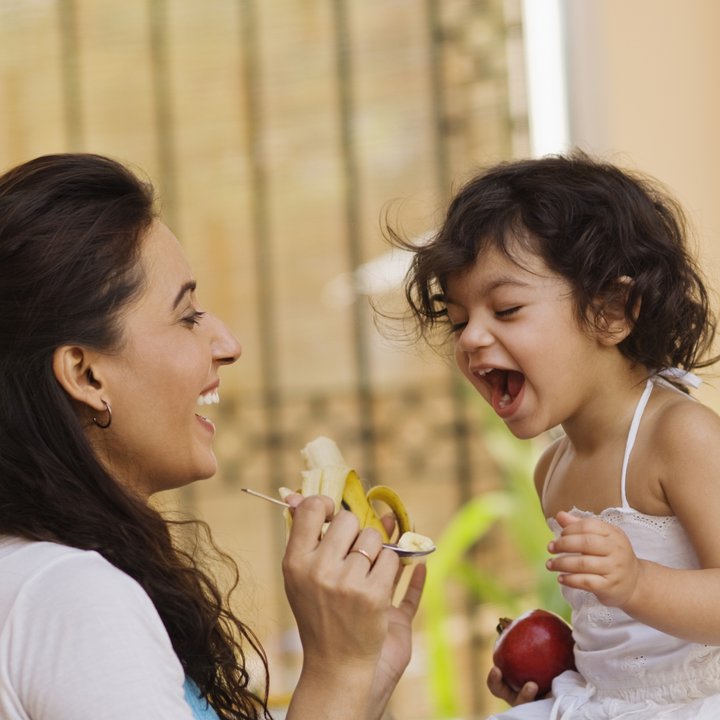
Every formula brand may affect each child differently, so trying a different formula for your baby may be a good solution to solving your babies crying problem. It is important to talk to your own baby’s pediatrician about whether some other formula options can be better for your child.
If you see no change or improvement by switching your baby’s formula, it is unlikely to help for any other brands.
Colic
Colic is also another reason why babies cry after feeding. Essentially, colic means persistent and excessive crying for a baby under 3 months old. More specifically, your baby is doing the following:
- Is crying a lot, for at least three hours a day
- The baby is crying at least three days per week or more
- Is under 3 months old
If all 3 of those boxes are checked, then your baby is likely colic.
Should You Breastfeed Every Time Your Baby Cries?
This is a question that is very popular among moms in regards to their baby and crying. For that reason, we wanted to address this directly because it seems to be a topic that is debated out there.
For that reason, we wanted to address this directly because it seems to be a topic that is debated out there.
In short, no. You do not want to breastfeed your baby every time he or she cries. Contrary to some beliefs out there, some babies cry because of a bloated stomach, gas, or some of the other reasons we talked about already in this article.
Ultimately, the best solution is to let your baby decide when she’s had enough milk. When your baby has had enough milk, it will give you signs to let you know it will be done feeding. Including stopping feeding or turning your head away.
How Do I Comfort a Crying Newborn?
Now that you know that you shouldn’t breastfeed every time your baby cries after feeding, I’m sure you’re also wondering how to comfort your crying newborn. With that being said, there are multiple ways to comfort a crying newborn when he or she cries.
Some of these ways include:
- Offer a pacifier for sucking – this can help your baby relieve stress without crying.

- Try gently rocking your baby – this can calm your baby down and relax them.
- Quietly singing to your baby – like rocking, singing may calm your baby and get them to stop crying. You can also put on a rhythmic song or music to have the same effect.
- Cuddle and hold your baby close – Touching, holding, and cuddling your baby makes your baby feel safe and secure. You can also put your baby in a blanket to get a similar effect.
- Try walking or taking your child out for a walk – this can result in a positive change in your child’s mood.
These are some of the main ways that you can comfort your baby when crying. As mentioned above, breastfeeding is not always the answer when your baby is crying. If your baby is crying and it has had enough feeding, try the things that we’ve listed above and see if it helps and improves your baby’s mood.
Why does My Baby Cry After Feeding – Key TakeawaysIf you’re thinking, “Why does my baby cry after feeding?” hopefully this article is helpful for you.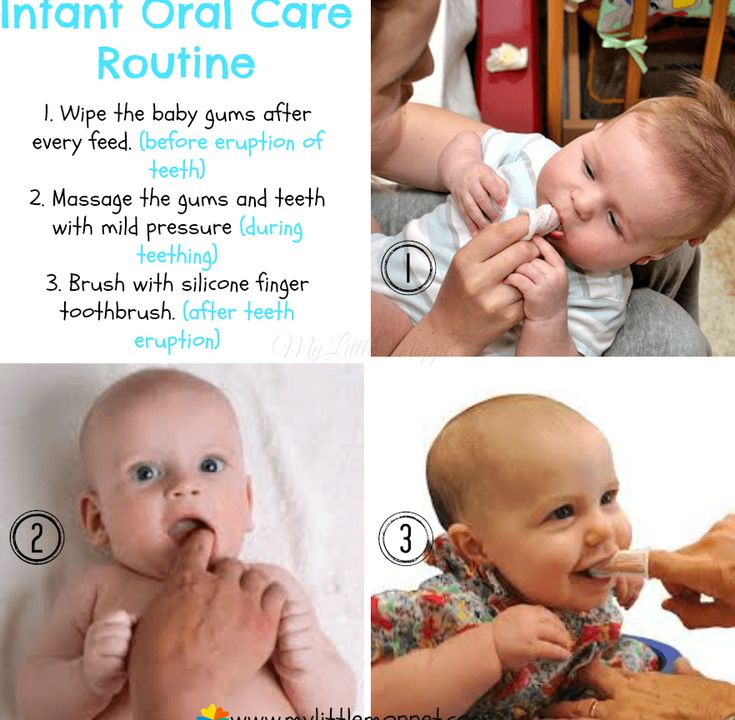 Knowing why your baby cries after feeding is extremely important for the health of your child. Some reasons why your fed baby cries after feeding can include acid reflux, food sensitivity/allergy, gas, formula, or colic.
Knowing why your baby cries after feeding is extremely important for the health of your child. Some reasons why your fed baby cries after feeding can include acid reflux, food sensitivity/allergy, gas, formula, or colic.
You should not breastfeed every time your baby cries. Instead, it’s best to let the baby tell you when it’s had enough flow of milk.
It’s also important to comfort your crying newborn when he/she cries.
Knowing how to answer the question “why does my baby cry after feeding” can help your breastfeeding experience and the health of your baby. Whether it is with bottle feeding, direct breastfed babies, your baby will be better off if you understand these basics.
If you’re looking to get the best high-quality breast pump, you can order our breast pump here. We offer a wide range of pumps with a ton of different insurances. Some insurances we cover include UPMC, Tricare, Aetna, and many others.
Baby Cries After Feeding: What Should I Do?
Medically reviewed by Karen Gill, M. D. — By Chaunie Brusie on October 3, 2018
D. — By Chaunie Brusie on October 3, 2018
My daughter, the “crier”
My second daughter was what my oldest fondly referred to as a “crier.” Or, in other words, she cried. A lot. The crying with my baby girl seemed to intensify after every single feeding and particularly at night.
It was those hellish hours between darkness and dawn when my husband and I would take turns walking around the house with her in our arms, praying and, mostly in my case, sobbing because we couldn’t console our baby.
I didn’t know it then in my sleep-deprived state, but my daughter’s crying after feedings wasn’t that uncommon. In combination with her frequent spitting up, it was pretty much a classic textbook case of colic.
Colic
Colic, in technical terms, simply means a “crying, fussy baby that doctors can’t figure out.”
OK, so that’s not really the definition, but in essence, that’s what it boils down to. The British Medical Journal (BMJ) lists one criterion for colic: A baby that cries for at least three hours a day, three or more days a week, and is under 3 months old. Check, check, and check.
Check, check, and check.
There isn’t one single known cause of colic. Even the actual clinical incidence of colic, estimated by BMJ to be around 20 percent of all babies, can be tricky.
Acid reflux
One of those causes of crying after feeding and spitting up in babies is actually acid reflux. This condition is known as gastroesophageal reflux disease (GERD) if it also causes significant symptoms such as poor weight gain.
When my “crier” daughter was 5, she frequently complained of her stomach hurting and as a result, had to undergo a series of testing with a gastroenterologist, a doctor that specializes in the GI system.
At our first appointment, the very first question he asked me was if she had colic as a baby and if she spit up a lot, to both of which I practically shouted, “Yes! How did you know?!”
He explained that acid reflux or GERD can manifest as symptoms similar to colic in babies, stomach pain in school-aged children, and later as actual heartburn pain in adolescents.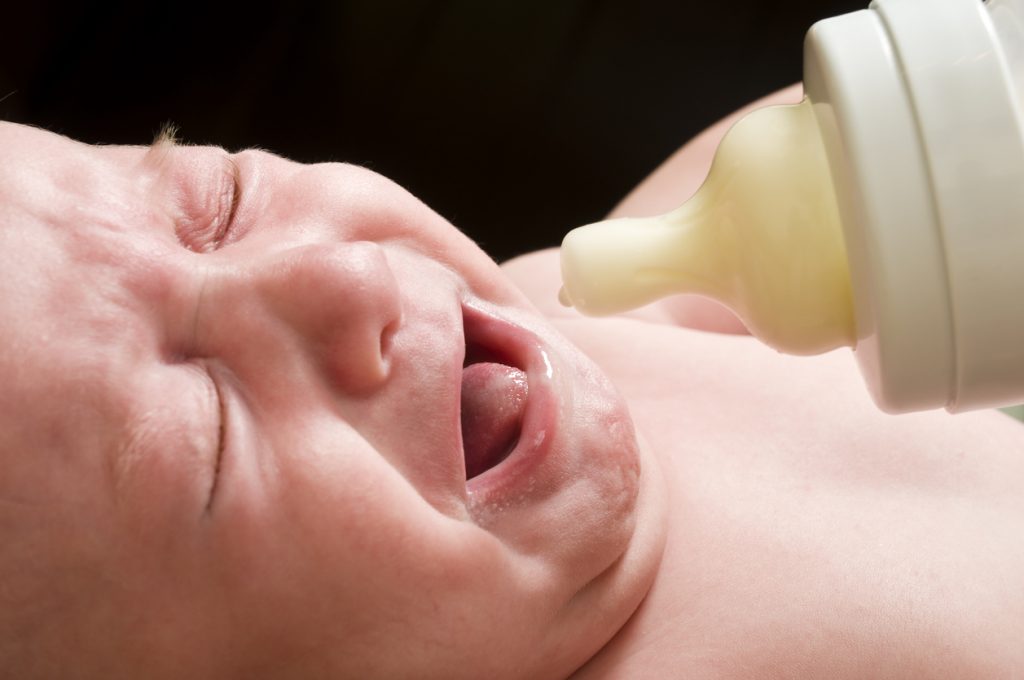
While many infants spit up, fewer have actual GERD, which can be caused by an underdeveloped flap between the esophagus and stomach or a higher-than-normal production of stomach acid.
In most cases, a diagnosis of infant reflux is simply based on your baby’s symptoms. If your doctor suspects a severe case however, there are several different tests that actually diagnose infant reflux.
Testing can involve taking a biopsy of your baby’s intestine or using a special type of X-ray to visualize any affected areas of obstruction.
Food sensitivities and allergies
Some babies, especially breastfed babies, may be allergic to certain food particles that their mothers are eating.
The Academy of Breastfeeding Medicine notes that the most common offender is cow’s milk protein in the mother’s milk, but even a true allergy is very rare. Only about 0.5 to 1 percent of exclusively breastfed babies are thought to be allergic to cow’s milk protein.
The other most common culprits, according to the ABM, are egg, corn, and soy, in that order.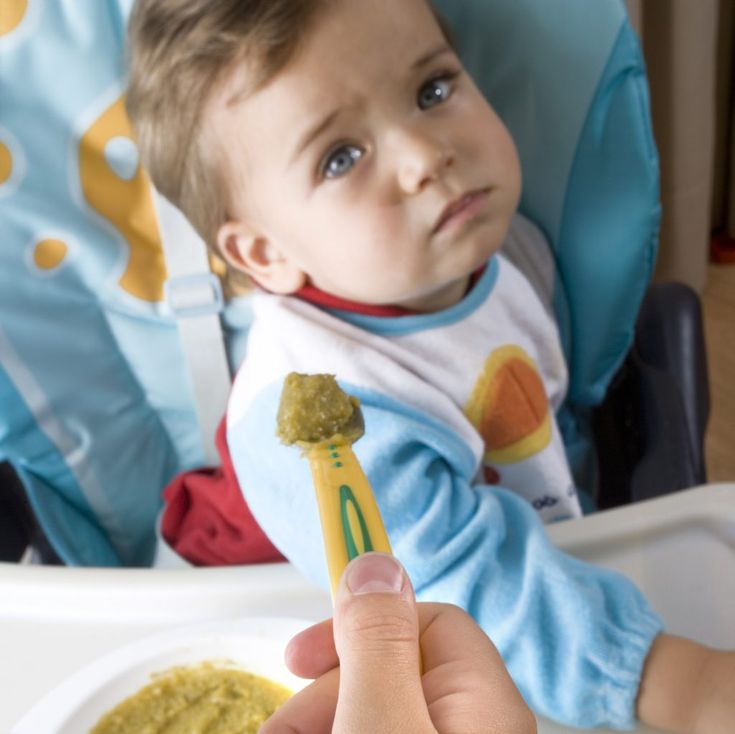
If your baby is displaying symptoms of extreme irritability after feedings and has other symptoms, such as bloody stools (poop), you should speak with your healthcare provider about getting them tested for allergies.
Aside from a true allergy, there’s also been some evidence that following a low allergen diet while breastfeeding (essentially avoiding those top allergy foods, such as dairy, eggs, and corn) may be beneficial for infants with colic.
Strict elimination diets can have their own risks, so speak with your doctor before significantly changing your diet.
In our situation, I found that dairy, caffeine, and certain seeded fruit exacerbated my daughter’s crying and spitting up. By eliminating those foods and substances from my diet, I was able to help lessen her discomfort.
If you have a baby with colic, you might want to try anything at all to help ease your baby’s crying. If you’re curious to see if your diet has any effect, you can start by logging your food in a food journal and writing down your baby’s reactions after each meal.
Next, you can eliminate one food at a time and see if reducing your intake of certain foods seems to make a difference in your baby’s behavior. If you hit on one you feel helps your baby to cry less, this does not mean they will not be able to eat that food in the future.
Just be sure to keep in mind that a true allergy is rare. Also, be sure to monitor for any additional symptoms, such as blood in your baby’s poop.
Gas
If your baby is crying a lot after every feeding, it may simply be a buildup of air swallowed while eating. It’s thought that bottle-fed babes in particular may be more prone to swallowing a lot of air during a feeding. This can trap gas in their stomachs and be uncomfortable.
In general, breastfed babies swallow less air while eating simply due to the way they eat. But every baby is different and even breastfed babies may need to be burped after a feeding.
Trying keeping your baby upright after a feeding and burping gently from the bottom of their back and up through the shoulders to work the gas bubbles up and out. Also check out this illustrated guide to burping a sleeping baby.
Also check out this illustrated guide to burping a sleeping baby.
Formula
If your baby is formula-fed, swapping out the formula you use may be a simple solution to a crying baby after feedings. Every formula is a little bit different and certain brands make formulas for more sensitive baby tummies.
If you decide to try this, talk to your baby’s pediatrician about whether an elemental formula would be a good choice to try for a week. If you try one different brand and you see no change in your baby’s fussiness, continuing to try different brands is unlikely to help.
Takeaway
Colic, along with a few other common conditions, might be the culprit if you too have a “crier” on your hands.
If your baby doesn’t find relief after dietary changes or additional burping, then make an appointment to see their doctor.
Share on Pinterest
Chaunie Brusie, BSN, is a registered nurse with experience in labor and delivery, critical care, and long-term care nursing.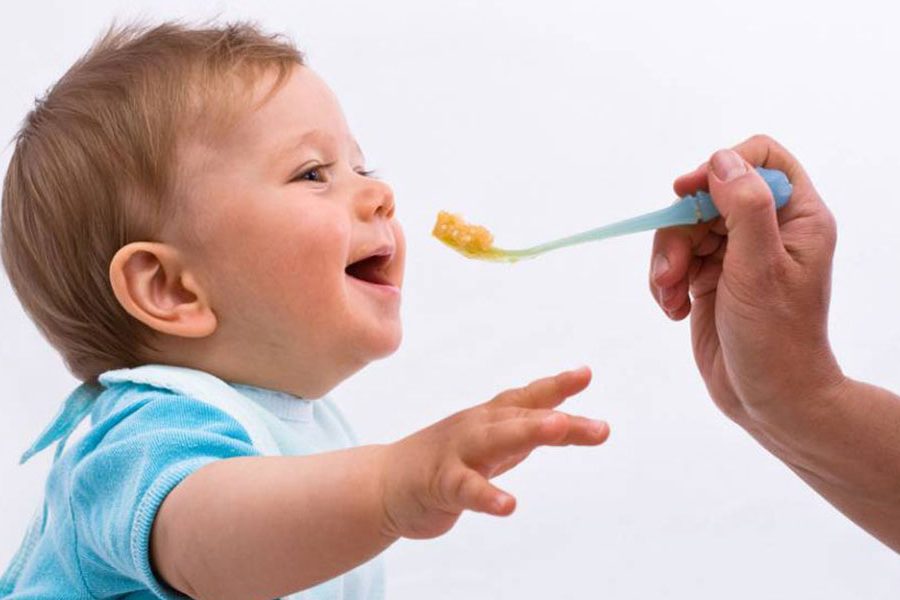 She lives in Michigan with her husband and four young children, and is the author of the book “Tiny Blue Lines.”
She lives in Michigan with her husband and four young children, and is the author of the book “Tiny Blue Lines.”
Last medically reviewed on October 3, 2018
- Parenthood
- Baby
- 06 Months
How we reviewed this article:
Healthline has strict sourcing guidelines and relies on peer-reviewed studies, academic research institutions, and medical associations. We avoid using tertiary references. You can learn more about how we ensure our content is accurate and current by reading our editorial policy.
- ABM clinical protocol #24: Allergic proctocolitis in the exclusively breastfed infant. (2011). DOI:
10.1089/bfm.2011.9977 - Harrel MC, et al. (2015). Is there a correlation between maternal diet in breastfeeding mothers and infantile colic? DOI:
10.1097/01.EBP.0000541032.94135.ca - Mayo Clinic Staff. (2018). Infant reflux.
mayoclinic. org/diseases-conditions/infant-acid-reflux/diagnosis-treatment/drc-20351412
org/diseases-conditions/infant-acid-reflux/diagnosis-treatment/drc-20351412 - Rosen LD, et al. (2007). Complementary, holistic, and integrative medicine.
pedsinreview.aappublications.org/content/28/10/381 - Saavedra MA, et al. (2003). Infantile colic incidence and associated risk factors: A cohort study. .
ncbi.nlm.nih.gov/pubmed/14502331 - Sung V, et al. (2014). Treating infant colic with the probiotic Lactobacillus reuteri: Double blind, placebo controlled randomised trial. DOI:
10.1136/bmj.g2107 - Symptoms & causes of GER and GERD in infants. (2015).
niddk.nih.gov/health-information/digestive-diseases/acid-reflux-ger-gerd-infants/symptoms-causes
Our experts continually monitor the health and wellness space, and we update our articles when new information becomes available.
Current Version
Oct 3, 2018
By
Chaunie Brusie
Edited By
Nizam Khan (TechSpace)
Medically Reviewed By
Karen Richardson Gill, MD
Share this article
Why does a baby cry - an article in the newspaper of the EMS clinic "On Health"
— The simplest answer to the question about sedatives is definitely: no.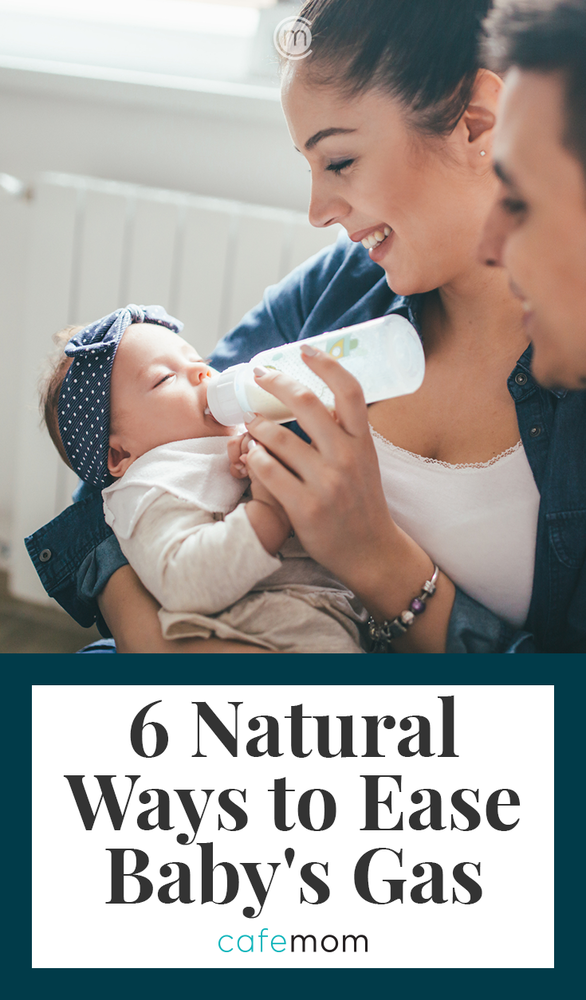 Parents should not use painkillers, sedatives, herbal “bye-bye”-fees and other means to calm the baby. In any case, until it was recommended by a neurologist after a comprehensive examination. Giving a sedative to an infant is like hiding your head under a pillow when the alarm goes off: it won't stop time and you'll be late for work anyway. You need to try to understand your baby, make sure that his most basic needs are met, and only then proceed to the exclusion of more complex and rare problems.
Parents should not use painkillers, sedatives, herbal “bye-bye”-fees and other means to calm the baby. In any case, until it was recommended by a neurologist after a comprehensive examination. Giving a sedative to an infant is like hiding your head under a pillow when the alarm goes off: it won't stop time and you'll be late for work anyway. You need to try to understand your baby, make sure that his most basic needs are met, and only then proceed to the exclusion of more complex and rare problems.
Try to remain calm and act only in the interests of the child
Up to three weeks of age, the most common cause of constant crying of a child is banal malnutrition. A common mistake of parents is the desire to stick to the schedule when breastfeeding in the first month of a child's life. A baby can suck out 150 ml of milk in three minutes, or maybe 20 ml in an hour, and a nursing mother is not able to understand how much has been eaten by the sensations of "emptying the breast". With free feeding in the first month, record the dynamics of the baby's weight gain. When feeding on a schedule, conduct a series of control feedings with measurement of body weight before and after feeding, so you can make sure that the amount of one feeding is sufficient. If the baby's crying stops instantly as soon as you give the breast, this is absolutely normal.
With free feeding in the first month, record the dynamics of the baby's weight gain. When feeding on a schedule, conduct a series of control feedings with measurement of body weight before and after feeding, so you can make sure that the amount of one feeding is sufficient. If the baby's crying stops instantly as soon as you give the breast, this is absolutely normal.
What to do if the baby cries even after you have changed the diaper, tried to feed, picked up? If this happens often and the mother does not succeed in calming the child for more than an hour, you should consult a doctor. It is not always obvious to parents, especially good ones, in what order to seek medical help: should I call an ambulance or go to see my pediatrician in a couple of days, or maybe it’s better to grab the child and the CHI policy and rush to the nearest city hospital? Try to remain calm and act only in the interests of the child. Here are some tips to help you.
- If the baby cries and cannot be calmed for more than two hours, call emergency services.
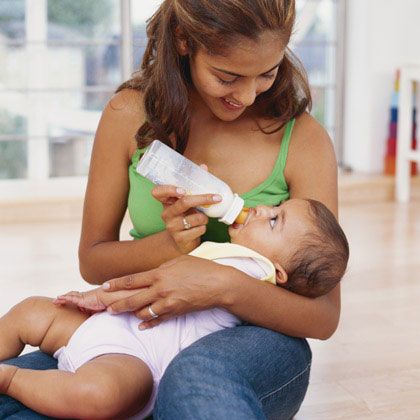 Pre-measure the baby's temperature, check for rashes on the baby's body, and remember if there was a stool within the last 12 hours. Also make sure you have enough breast milk for a single feed. Report this information to the emergency services
Pre-measure the baby's temperature, check for rashes on the baby's body, and remember if there was a stool within the last 12 hours. Also make sure you have enough breast milk for a single feed. Report this information to the emergency services - If a child often worries , sleep is short, but there is no monotonous crying-crying for more than two hours, then this can be dealt with on your own, and then with the help of a doctor at a clinic appointment or by calling him at home. The better prepared you are for your consultation, the more productive it will be. Things to do before the consultation:
- Determine breastfeeding volume by three to four checkweighs before and after feeding
- See if there is a connection between baby crying and feeding. When does the child worry and cry - immediately after eating, during feeding, an hour later, etc.?
- Recall the circumstances in which anxiety and frequent crying appeared: vaccination, errors in the mother's diet, starting to use or changing formula?
- Note accompanying symptoms and their relationship to crying: regurgitation, constipation, frequent stools, flatulence, appearance or increase of skin rash
- Assess the change in stool frequency and consistency
- Observe whether restlessness and crying persist after passing stool or flatulence
- Find out if there is an effect when placing a gas tube or a glycerin suppository.
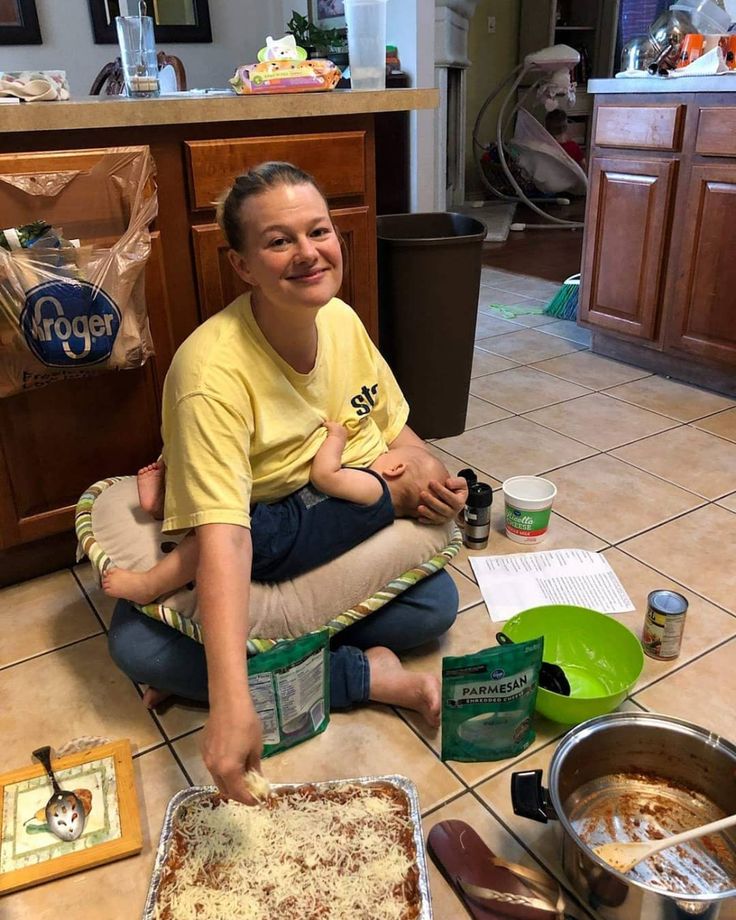
The task of a pediatrician when complaining of frequent and prolonged crying of a child is to determine why the child is crying, whether he has any disorders (including digestive disorders) and what kind they are - functional, that is, this is a conditionally normal condition associated with the growth and development of the body or a reaction to changes in external (primarily nutritional) factors, or it is a pathology that must be suspected, diagnosed and treated.
Three types of crying
Experts say that babies have three types of crying:
- Basic . This is, in fact, a means of communication between the child and others. This cry is intermittent, smooth, the sounds are not sharp.
- Angry . This is how babies cry when they really don't like something or they really want something. In this case, parents may notice how the child's facial expressions change. He roars loudly, confidently, mostly on the exhale. Angry crying is usually the longest.
Angry crying is usually the longest.
- Painful . With his help, the baby reports that he is in pain. At the same time, he screams to a screech, with piercing notes until he exhales completely.
why baby spit up after feeding
If a child spits up after feeding, this is in most cases due to the anatomical immaturity of the upper digestive system. More often than others, premature babies, babies with congenital pathologies suffer from regurgitation. Sometimes the cause is the wrong breastfeeding technique.
Regurgitation in infants is perhaps the most common occurrence in modern pediatrics. More than half of children spit up at least once a day, which is almost always a physiological reaction.
As the baby grows older, spitting up less and less and by 6 months it practically stops doing so. However, sometimes the problem remains, and burping continues for up to a year. In such a situation, you need to make sure that the gastrointestinal tract is functioning normally and consult a doctor.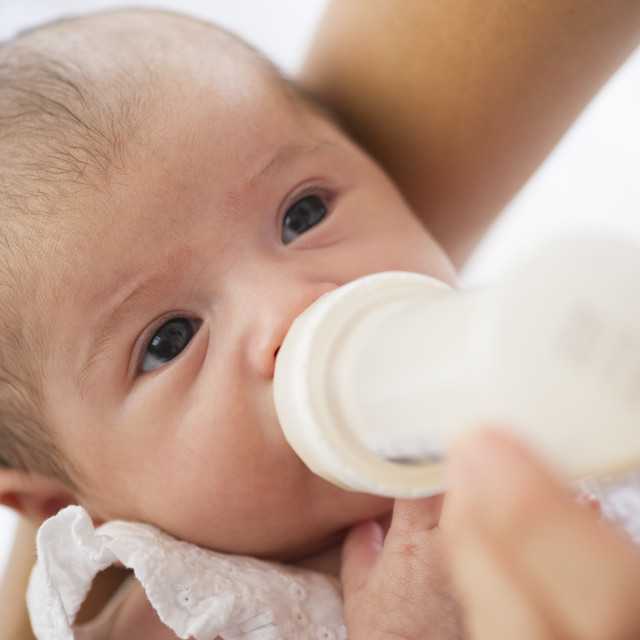
Why does the baby spit up after every feed
There is a very simple explanation for this. The esophagus of newborns is a funnel with a wide part at the top, and the sphincter at the transition to the stomach actually gapes and hardly retains food.
Normally, after food enters the stomach, the sphincter contracts and prevents it from “returning” into the esophagus. But in this case, when the stomach is full, part of the contents immediately comes out if the baby takes an inclined or horizontal position.
Babies have two more features: increased pressure over the lower esophageal sphincter, as well as a straight and sometimes obtuse angle of His, formed by the side walls of the esophagus and stomach. In adults, this angle is sharp, which also prevents the return of food eaten into the esophagus.
After feeding, do not put the baby on his stomach, it is better to hold him upright in your arms, trying not to put pressure on his chest.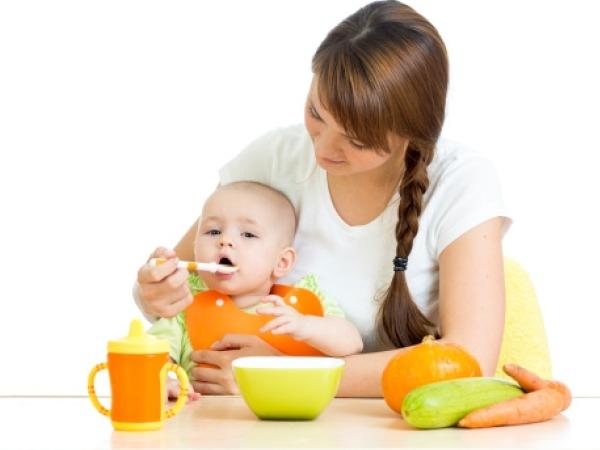 But if he still burps, you should not worry, this is a normal process. If in doubt, please contact our doctors. At a remote consultation, they will explain the causes of regurgitation, talk about pathologies. If necessary, they will tell you which specialists to go through.
But if he still burps, you should not worry, this is a normal process. If in doubt, please contact our doctors. At a remote consultation, they will explain the causes of regurgitation, talk about pathologies. If necessary, they will tell you which specialists to go through.
A few more reasons why a child often spit up
Physiological belching after feeding is due to two factors: swallowing air (aerophagia) and increased intra-abdominal pressure. The first is usually associated with fast and greedy suckling, improper attachment of the baby to the breast, or the wrong position of the bottle when it comes to artificial feeding. An air bubble forms in the stomach, pushing out a small amount of milk or mixture.
The same results are obtained by a quick change in the position of the baby's body after feeding, which will easily burp if it is immediately started to swaddle, shake, bathe or massage. After all, his stomach resembles an open bottle: tilted / turned over - the contents spilled out.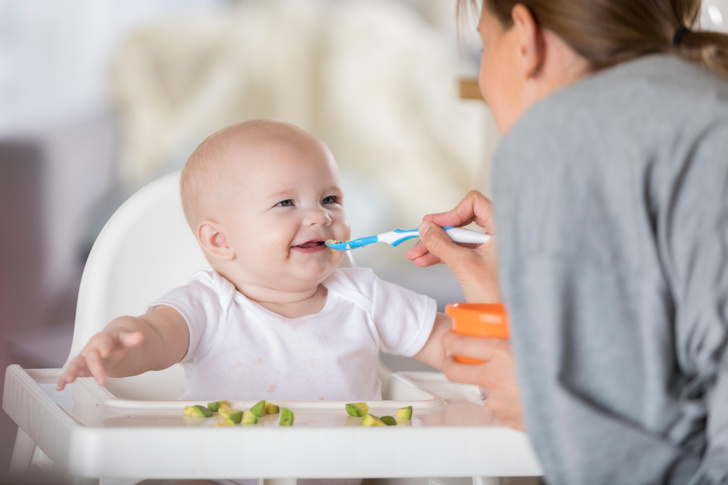
As for the increase in intra-abdominal pressure, it increases with a too tight diaper or tight swaddling, as well as against the background of increased gas formation, intestinal colic or stool retention.
Regurgitation in newborns after feeding may be due to the lack of a feeding regimen and overeating.
Baby burps an hour after feeding: what does it mean
The most common cause is constipation, which increases intra-abdominal pressure. Food moves slowly through the gastrointestinal tract, so the child can burp an hour or two after feeding.
Attention! Delayed regurgitation combined with delayed defecation may be a sign of a lazy stomach. But such a diagnosis should be made by a doctor.
5 causes of regurgitation in newborns after formula feeding
The selection of artificial nutrition is a purely individual process with an unpredictable result. There is no 100% guarantee that the mixture will suit the child, even if the brand is very popular.
Poor digestion of the mixture may well cause not only frequent spitting up, but also other digestive problems, including colic, constipation and allergic reactions. In addition, store-bought baby food has a denser texture than breast milk and lasts longer in the stomach. Therefore, the likelihood of its reverse promotion to the esophagus after feeding is higher.
Your baby may spit up after every feed because:
- the proportions of dilution of the mixture are violated;
- the feeding regime is not observed;
- the transition from breastfeeding to artificial feeding was too abrupt;
- the wrong bottle is selected;
- allergy.
Improper mixing ratio
Each manufacturer indicates on the packaging of the mixture how much water is required to dilute it, and what volume is suitable for the baby by weight and age. Sometimes mothers mistakenly or intentionally dilute food in a way that is not recommended, and the child eats more than normal.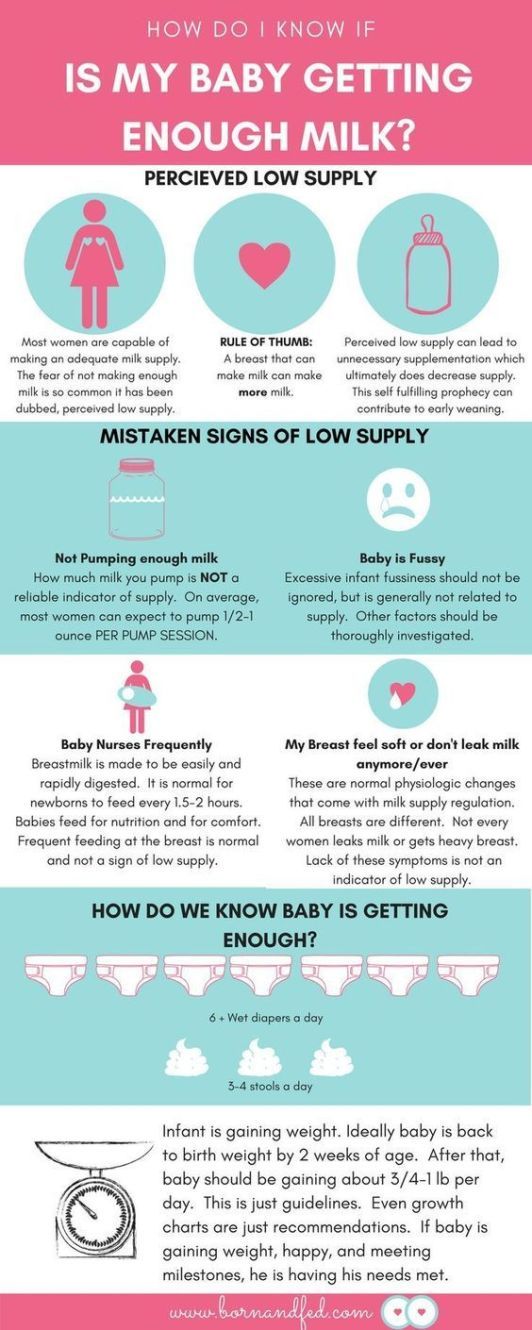 As a result, the surplus, of course, comes out.
As a result, the surplus, of course, comes out.
Case study:
After 3 months, a breastfed child suddenly began to behave restlessly, sleep poorly, spit up after eating, weight gain became slightly below normal. From a conversation with the mother, the doctor learned that the baby was fed too often, the feeding regimen was not observed. After increasing the intervals between breastfeeding, the regurgitation stopped.
Refusal of night feedings is also undesirable: the daily volume of food is distributed during the daytime, which leads to stomach overload and regurgitation.
Feeding schedule not followed
Unlike natural, artificial feeding involves eating by the hour.
Baby food takes longer to digest, so the recommended interval between feedings is at least 3 hours. If you feed the child more often, he will “give out” the excess back, since the previous portion has not yet been absorbed.
Abrupt transition from breastfeeding to artificial feeding
When changing the diet, the child's body must first get used to, adapt to the new food.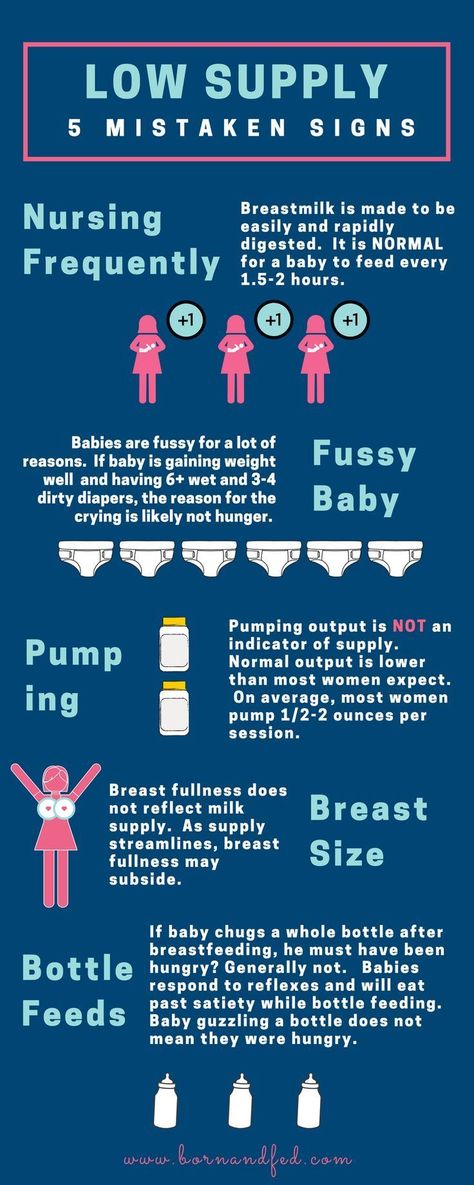 This applies not only to the transition from breastfeeding to artificial feeding, but also from one type of mixture to another.
This applies not only to the transition from breastfeeding to artificial feeding, but also from one type of mixture to another.
Wrong bottle selected
This refers to the too wide neck of the container, because of which the child swallows a lot of air along with food. Its discharge will provoke regurgitation after feedings.
Allergy
An allergic reaction to cow's milk protein causes inflammation of the intestinal wall, which in turn leads to malabsorption. Carbohydrate metabolism worsens, since secondary lactase deficiency occurs against the background of an inflammatory reaction - a decrease in the synthesis of the lactase enzyme.
As a result, sugar is broken down incorrectly, increased gas formation occurs, and the baby spits up a fountain. In addition, the baby may feel discomfort at the beginning of feeding and react with an increase in nervous excitability during the period of increased intestinal motility. This also often leads to belching.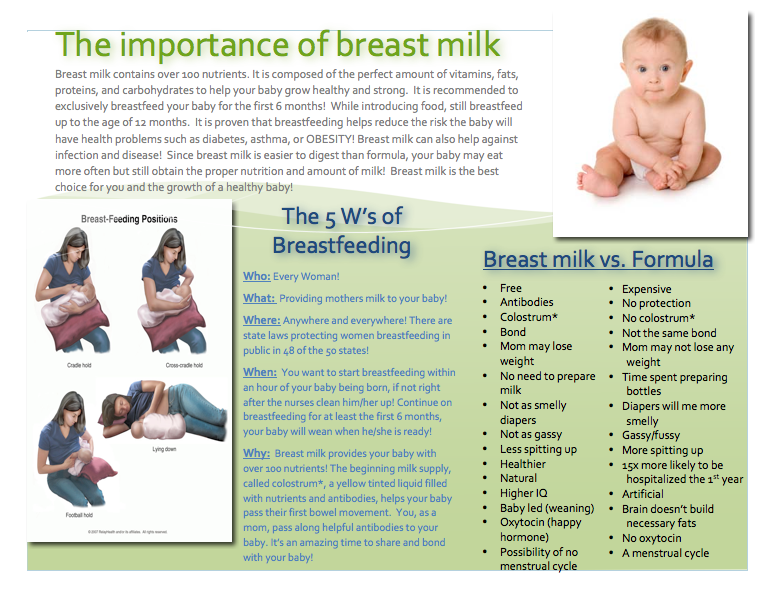
What does curd regurgitation mean
Belching with curdled milk after feeding only indicates that the food was in the stomach for some time and managed to curdle - it was fermented. The reason may be in a change in body position or indicate pyloric stenosis with profuse vomiting with a fountain.
Attention! When spouting against the background of pyloric stenosis, the child spits up profusely, the jet scatters to a distance of half a meter.
What to do
First you need to make sure that you really need to do something. Pediatricians are advised to determine the intensity and frequency of regurgitation on a five-point scale.
| Points | Regurgitation frequency | Volume |
| one | No more than 5 per day | Not more than 3 ml |
| 2 | > 5 times a day | > 3 ml |
| 3 | > 5 times a day | > 0. |
| four | After every feeding | Small amount over 30 minutes or more |
| 5 | At least half of the meals are accompanied by regurgitation | > 0.5 volume of food eaten |
Now you can determine if there really is a problem. The criteria are:
- the baby is not yet a year old;
- he spits up 2 times a day for 3 weeks or longer;
- before burping there are no precursors, specific signs;
- during regurgitation, the tension of the anterior abdominal wall is not felt;
- there are no difficulties with swallowing, sucking, the child does not take any specific forced position;
- the baby does not begin to sweat a lot, turn pale after burping, and feels normal;
- he is active, has a good appetite, and is gaining weight appropriately for his age.

The above points indicate that everything is in order.
If the intensity and frequency of spitting up is 3 points or more, this is a reason to consult a doctor. Our doctors are ready to advise on all issues at any time of the day. At a remote consultation, possible causes will be identified, and a plan of further action will be drawn up.
How parents determine the amount of rejected food
Normal regurgitation after feeding occurs in small volumes, within 1-2 tablespoons. You can determine how much food came out when you burp.
When the child burps into the diaper, you need to pour 1 tbsp nearby. l. water and compare the size of the spots. If they are almost the same, there is no reason to worry.
Alarm symptoms
Medical assistance is necessary if the child spits up a lot after feeding, while crying and acting up. A bad symptom is the requirement of supplementary feeding, that is, the baby remains hungry after he has eaten his portion.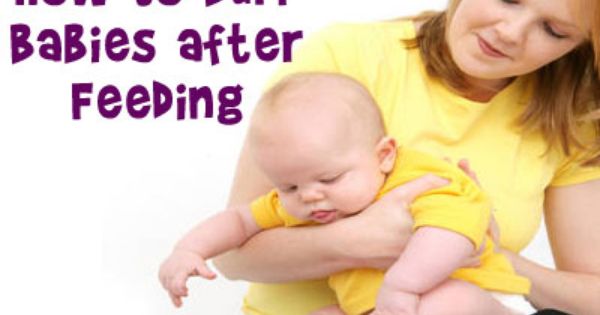
Serious illnesses can present with symptoms such as:
- sudden weight loss, weight gain does not meet the standards;
- lack of stool;
- profuse vomiting with an admixture of bile;
- urination less than 8-10 times a day;
- continued spitting up after the child is one year old.
How to deal with regurgitation: a step-by-step guide
If the baby is spitting up after feeding breast milk or formula, you can start with a nutritional correction. When breastfeeding, it is important to ensure that the baby completely captures the nipple along with the areola. His lower lip is usually slightly twisted.
Step 1
It is better to feed the baby while sitting, holding the baby at an angle of 45-60 ° to the chest. In this position, the air freely leaves the stomach, due to which the likelihood of reflux of food into the esophagus is reduced. After eating, it is preferable to put it on its side in a crib: this way, when returning from the stomach, the masses will not enter the respiratory tract. If the child burped while lying on his back, you should lift him up and turn him face down.
If the child burped while lying on his back, you should lift him up and turn him face down.
Step 2
After the baby has eaten, it must be held upright (pose of a soldier) for at least 20 minutes.
Step 3
You can partially remove the air from the stomach before feeding, putting the baby on the stomach for 10-15 minutes. With a tendency to intestinal colic, a light massage of the abdomen, which is done in between meals, will help.
Step 4
Even if the child is constantly spitting up, this is not a reason to transfer him to artificial mixtures. But a clear feeding regimen is desirable after a more or less strict period of time. In addition, mom should follow a hypoallergenic diet and exclude foods that can provoke flatulence - cabbage, legumes, black bread.
Step 5
For artificial babies, it is preferable to use a special anti-colic bottle and a nipple with a special design. The bottle has a valve that prevents you from swallowing air while eating.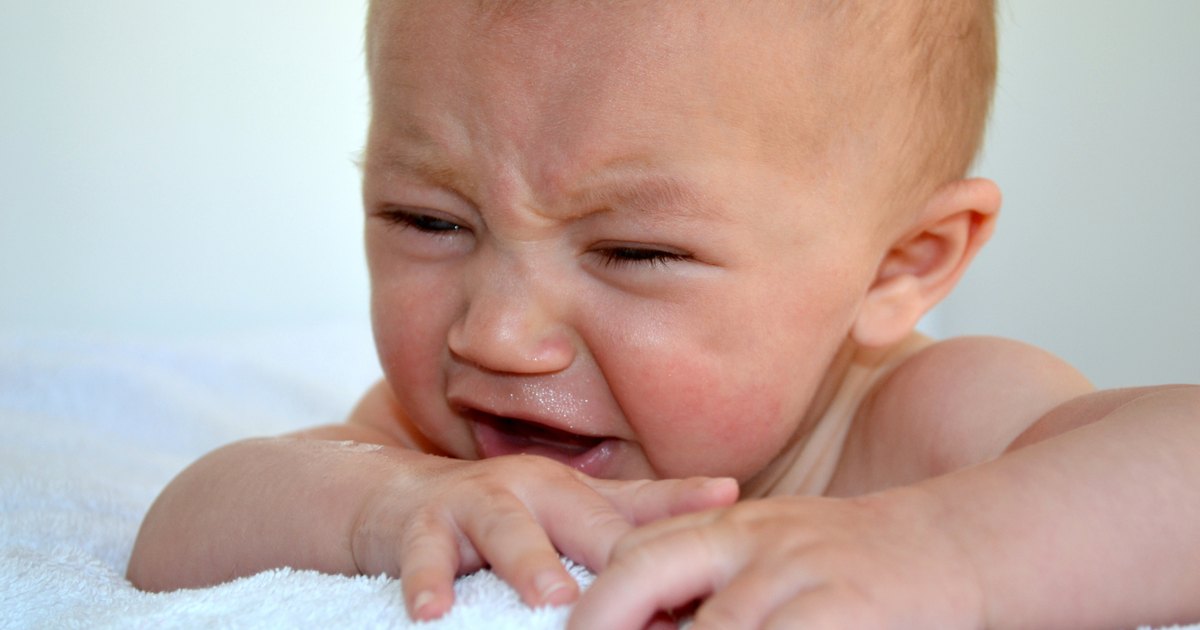 It is also necessary to make sure that the milk does not flow like a river, but slowly drips, that is, the hole in the nipple must have the appropriate diameter.
It is also necessary to make sure that the milk does not flow like a river, but slowly drips, that is, the hole in the nipple must have the appropriate diameter.
Step 6
When buying a mixture for a spitting up baby, it is better to consult a pediatrician. He may recommend a hypoallergenic formula or a formula that does not contain bovine protein. For some children, the so-called anti-reflux mixture is suitable.
Step 7
Normally, complementary foods are introduced from the 4th month of a child's life, but in the presence of regurgitation, it is allowed to include food thickeners in the diet after the 1st month. It can be mixtures with rice flour, rice porridge without milk. But they are used in an amount of a maximum of 1 tsp. in one feeding.
Step 8
Do not swaddle too tightly, massage, and generally somehow disturb the child after eating. You can only lightly pat him on the back, putting him on his knees, to prevent spitting up.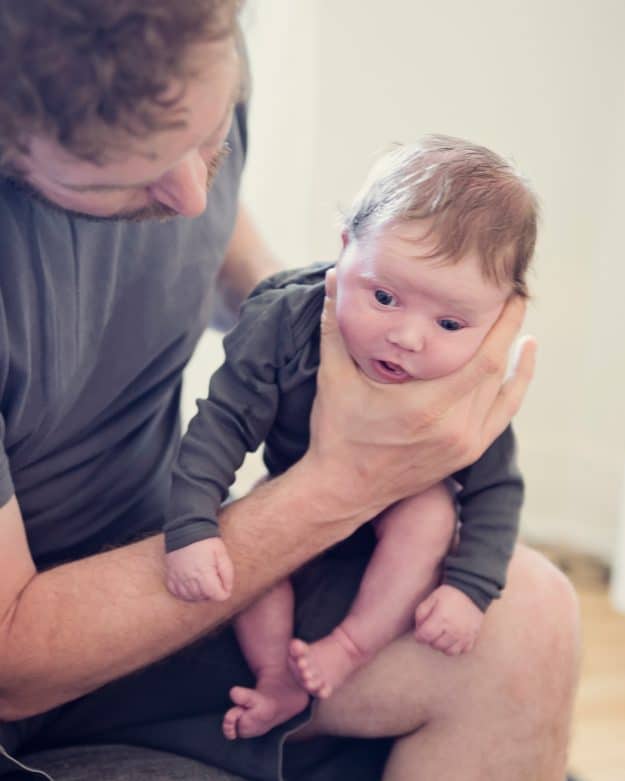
Step 9
Is the child overeating? To check this, you just need to weigh it before feeding and after. And it does not matter what he eats - mother's or artificial milk.
FAQ
What symptoms should you call an ambulance for?
+
If, after spitting up, the child does not breathe or has lost consciousness; lips and face take on a bluish tint; reflux - gastric contents - has a green or brownish color, which may indicate intestinal obstruction, gastric bleeding.
Why does a baby spit up breast milk, but formula does not?
+
If everything is in order with the calculation of “doses”, and there is no overfeeding with breast milk, most likely it is lactose intolerance. To clarify the diagnosis, it is necessary to take tests.
Should I supplement my baby if he burps?
+
No, by no means.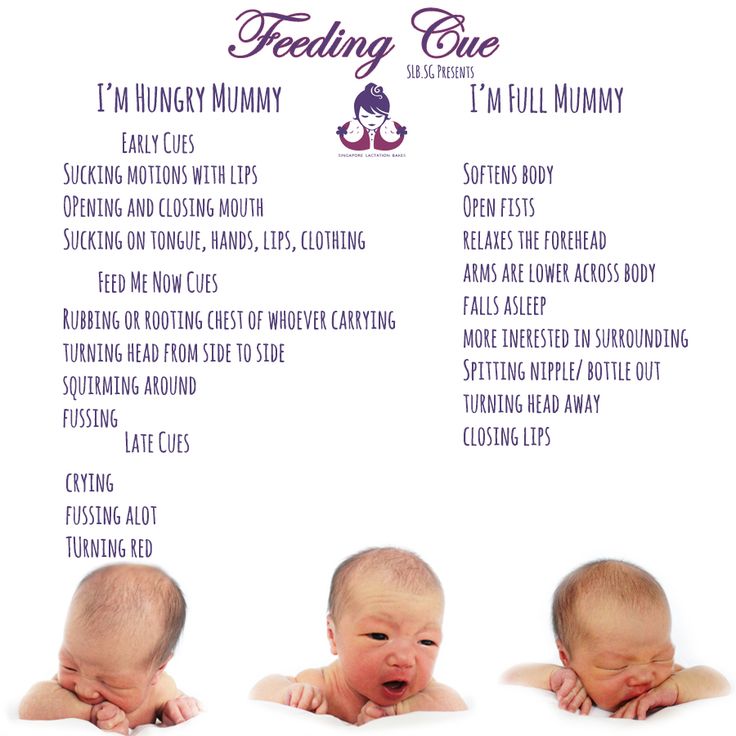

 5 volume of food eaten
5 volume of food eaten 

